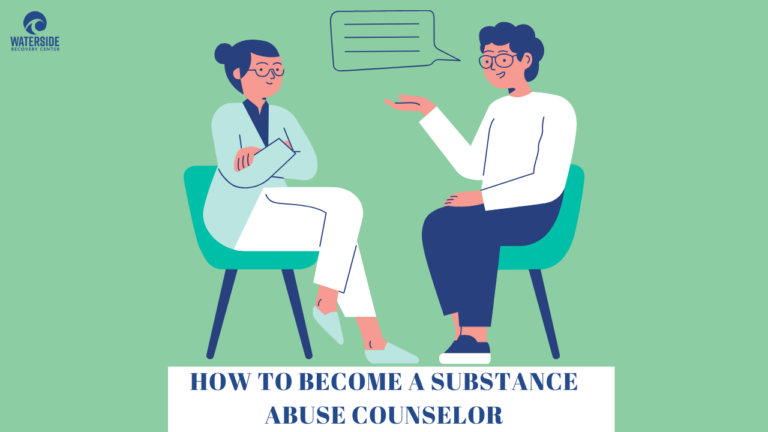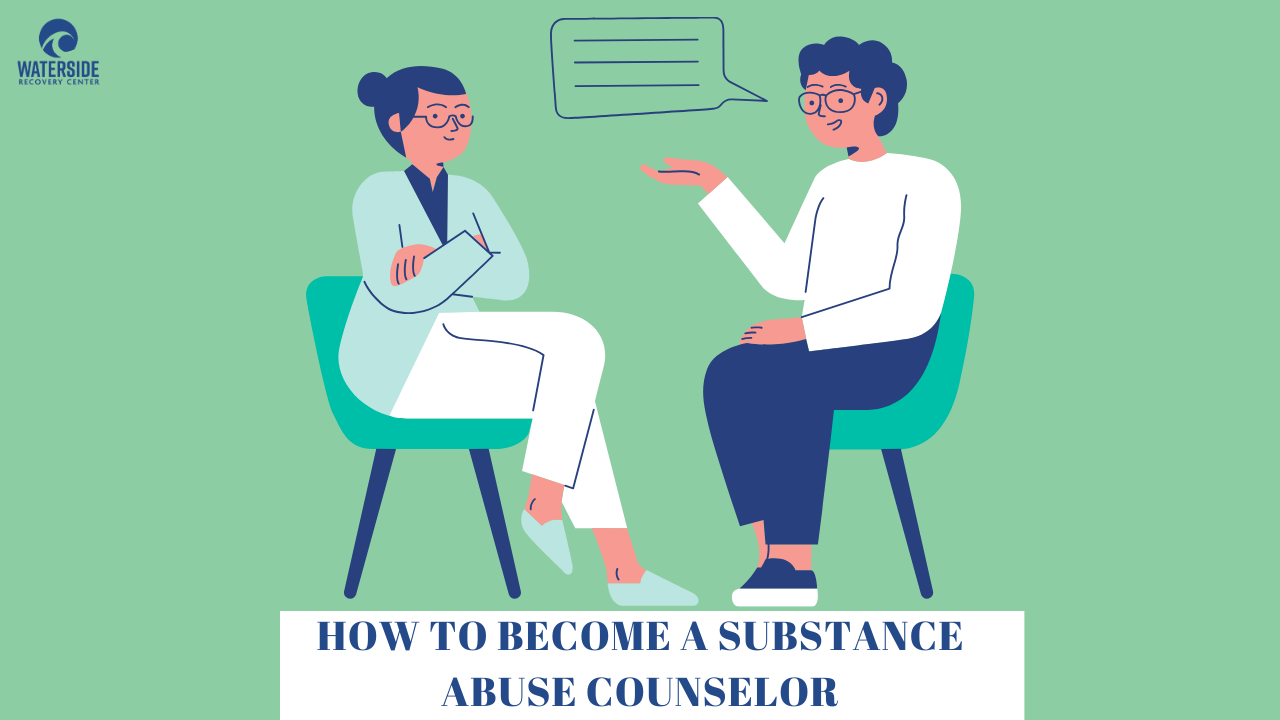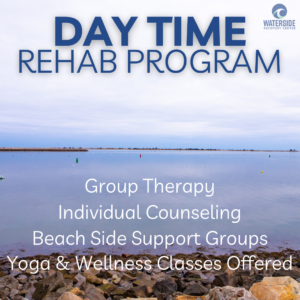
How to Become a Substance Abuse Counselor: A Clear Guide
Becoming a substance abuse counselor can be a rewarding career choice for those who are passionate about helping others overcome addiction. Substance abuse counselors work with individuals who are struggling with drug or alcohol addiction, providing support and guidance throughout the recovery process. If you have a desire to make a positive impact in the lives of others and want to pursue a career in counseling, becoming a substance abuse counselor may be the right choice for you.
To become a substance abuse counselor, there are certain educational and professional requirements that must be met. Typically, a bachelor’s degree in psychology, social work, or a related field is required, followed by a master’s degree in counseling or a related field. Many states also require substance abuse counselors to be licensed or certified, which involves completing a certain number of supervised clinical hours and passing an exam. Additionally, substance abuse counselors must have strong communication and interpersonal skills, as well as the ability to empathize with their clients and provide non-judgmental support.
Educational Pathways
Required Degrees and Certifications
Becoming a substance abuse counselor requires a minimum of a high school diploma or equivalent. However, most employers prefer candidates with a bachelor’s or master’s degree in counseling, psychology, or a related field. In addition to formal education, substance abuse counselors must also obtain certification or licensure in their state. The requirements for certification or licensure vary by state, but typically involve completing a certain number of hours of supervised clinical experience and passing an exam.
Relevant Coursework and Training
To prepare for a career as a substance abuse counselor, students should take courses in psychology, sociology, and counseling. It is also important to have a strong understanding of addiction and substance abuse. Many programs offer specialized coursework in these areas, as well as training in counseling techniques and ethics. Students can also gain hands-on experience through internships or practicums.
Specialization Opportunities
Substance abuse counseling is a diverse field, and counselors can specialize in a variety of areas. Some counselors work specifically with adolescents, while others focus on working with individuals who have co-occurring disorders. There are also opportunities to specialize in working with specific populations, such as veterans or members of the LGBTQ+ community. Specialization can require additional training or certifications, but can also lead to more job opportunities and higher salaries.
Overall, becoming a substance abuse counselor requires a combination of education, training, and certification. By pursuing the appropriate degree and gaining practical experience, aspiring counselors can prepare themselves for a rewarding career helping individuals overcome addiction and improve their lives.
Gaining Professional Experience
Internship and Practicum
One of the most important steps to becoming a substance abuse counselor is gaining professional experience through internships and practicums. These opportunities allow aspiring counselors to gain hands-on experience in the field, working with clients under the guidance of experienced professionals.
Internships and practicums can be found through a variety of sources, including universities, hospitals, and community organizations. Some programs require a certain number of hours of experience in order to graduate, while others offer internships as part of their curriculum.
During an internship or practicum, aspiring counselors will have the opportunity to observe and participate in group therapy sessions, individual counseling sessions, and other activities related to substance abuse treatment. They will also gain valuable experience in documentation, record-keeping, and other administrative tasks.
Supervised Clinical Hours
In addition to internships and practicums, aspiring substance abuse counselors must also complete a certain number of supervised clinical hours in order to become licensed. These hours are typically completed after the completion of a degree program and are designed to provide counselors with additional hands-on experience in the field.
Supervised clinical hours are typically completed under the guidance of a licensed professional counselor or other experienced professional. During this time, counselors will work with clients in a variety of settings, including individual and group therapy sessions, and will receive feedback and guidance on their work.
Overall, gaining professional experience is a crucial step in becoming a substance abuse counselor. By completing internships, practicums, and supervised clinical hours, aspiring counselors can gain the knowledge and skills they need to provide effective treatment to clients struggling with addiction.
Substance Abuse Counselor Programs Near Me
Substance Abuse Counselor Certificate Program Resources
University of Massachusetts Boston
- Substance Abuse Counseling Certificate Program
Boston University School of Social Work
- Certificate in Addiction Counseling
Springfield College
- Graduate Certificate in Addictions Counseling
Cambridge College
- Certificate in Alcohol and Drug Counseling
Westfield State University
- Certificate in Alcohol and Substance Abuse Counseling
Assumption University
- Certificate in Substance Abuse Counseling
North Shore Community College
- Alcohol and Drug Abuse Counseling Certificate
Quinsigamond Community College
- Addiction Services Certificate
Mount Wachusett Community College
- Substance Abuse Counseling Certificate
Massachusetts Bay Community College
- Certificate in Alcohol and Substance Abuse Services
Middlesex Community College
- Certificate in Alcohol and Substance Abuse Counseling
Licensure and Continuing Education
State Licensure Requirements
To become a substance abuse counselor, one must meet certain state licensure requirements. These requirements vary by state, but typically include completion of a certain number of education and training hours, passing an exam, and completing a certain number of supervised clinical hours. It is important to research the specific requirements for the state in which one plans to practice.
Maintaining Certification
Once licensed, substance abuse counselors must maintain their certification through ongoing education and training. This may include attending workshops, conferences, or other continuing education opportunities. It is important to stay up-to-date with the latest research and techniques in the field to provide the best care for clients.
Ongoing Professional Development
In addition to maintaining certification, substance abuse counselors should also engage in ongoing professional development. This may include joining professional organizations, participating in peer supervision, and seeking out mentorship opportunities. By continuing to develop their skills and knowledge, substance abuse counselors can provide the best possible care for their clients.
At Waterside Recovery Centers we pride ourselves on providing the top addiction treatment in Massachusetts. With a range of evidence-based, client-focused and individualized treatment offerings, we are able to provide the ideal support for those seeking recovery from substance addiction. Please feel free to reach out to our help line at anytime.
(833) 985-4234





